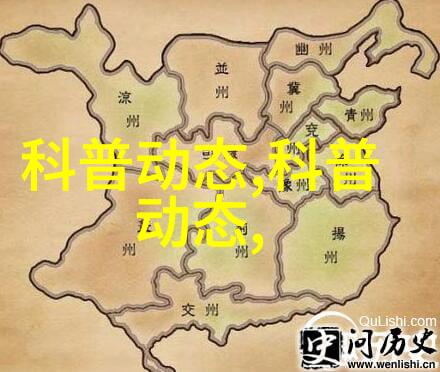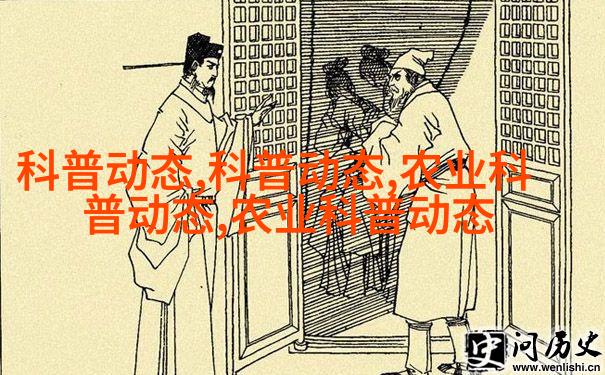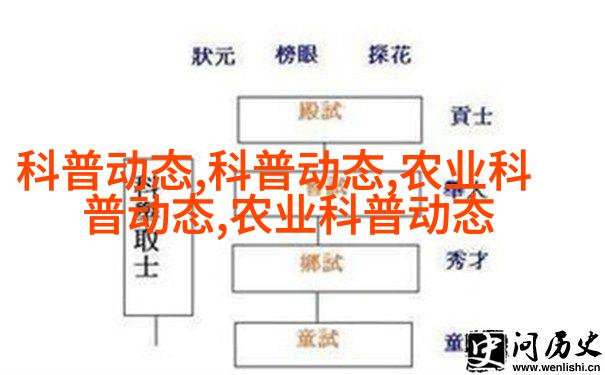茶道文化中茶与道德之间存在怎样的联系
在中国的悠久历史长河中,茶不仅仅是一种饮品,它更是深受中华民族喜爱的一种生活方式。尤其是在古代,茶文化的发展和推广,不仅仅是为了满足人们对美味饮品的需求,更重要的是它体现了一个高尚的生活态度和一种精致的情趣。

首先,我们可以从“内涵”这个词来理解这场文化盛事。在东方哲学中,“内涵”指的是事物本质上的意义或价值,它往往蕴含着深远而复杂的层次。同样地,在茶道之中,“内涵”也意味着超越表面的享受,而是要追求精神上的升华。
那么,这种精神上的升华又具体表现为哪些方面呢?首先,是对自然美好的事物——绿色植物——的一种敬畏和尊重。我们知道,绿茶之所以被认为是一种健康食品,是因为它包含了一系列有益于人体健康的营养成分。但在传统中国文化里,更重要的是它象征着生命力、活力与生长。这一点可以通过古人的诗文来感悟,比如陶渊明《归园田居·其三》中的“采菊东篱下,让我如何不忆江南”,这里就透露出一种淡泊名利、回归自然的情怀。

其次,是关于礼仪与修养。在传统中国社会,无论是皇宫还是私家宅院,都会有专门用于泡制和品鉴 茶叶的地方,那里的摆放布局都是经过精心设计,以达到一种宁静祥和的心境环境。而当人们坐下享用时,他们必须遵循一套严格的规则:洗手、沐浴、穿戴整齐等,这些都反映出了一种高度讲究礼仪的人文关怀,同时也展现了个人的修养水平。
再者,还有关于艺术欣赏。在中国古代,有很多著名诗人,如李白、杜甫等,他们以诗歌赞颂过山水风光,也常常提到他们喝下的那杯清香扑鼻的小确幸。而这些作品,不但描绘了自然景观,还隐喻出作者对于人生的感慨与思考,即便是在现代看来,这些描述依然能够让读者感受到某种无法言说的情感共鸣。这正是我们所说的“艺术”的魅力所在,它能够跨越时间空间,让人联想到无尽的话题去探讨,从而提升我们的审美能力及情感智慧。

最后,还有一点,就是这种行为模式带来的集体效应。当一群人围坐在一起,用同样的方式进行一次完整过程(即泡茶),这样的共同经历能增进彼此间的情谊,加强团队凝聚力,使得原本单独进行的事情变成了集体活动,从而促进社交互动并加深相互理解。这一点可以说是一个微小但却持久且普遍的人类社会化过程,其影响范围可能甚至超过了单纯个人行为带来的效果,因为它涉及到了人类天性中的合作欲望以及共同创造幸福记忆的愿望。
总结来说,虽然文章开篇提出了一个问题,但答案其实很明显—— tea, as a cultural phenomenon in China, has always been more than just a drink; it is an embodiment of the country's philosophy and aesthetics. It represents the connection between nature and human life, emphasizing respect for the environment and harmony with nature. It also reflects on individual moral values such as cleanliness, orderliness, tranquility and self-discipline. Furthermore, it serves as an art form that transcends time through poetry and calligraphy. Lastly, its communal aspect fosters social bonding among people.

In essence, this ancient practice encapsulates many aspects of Chinese culture: reverence for nature (and thus respect for all living beings), emphasis on personal cultivation (self-cultivation), appreciation for beauty in simplicity (as expressed by the concept of "less is more"), promotion of mental well-being (through mindfulness meditation) etc., which are timeless lessons to be learned from.
So when we ponder about how tea relates to ethics or morals within Chinese society today - we can see that these elements have not only survived but evolved over time; they remain integral parts of our daily lives whether we realize it or not. The way tea brings people together around a shared experience while fostering emotional connections highlights one important facet - community building - which remains at the heart of many traditional practices in modern times too.

The question posed earlier still holds relevance today: What deeper meaning does tea hold? And what lessons do its customs teach us about ourselves? As individuals who engage with this beverage often without realizing it carries so much weight beyond mere taste preferences—this inquiry invites us to reflect upon our own relationship with 'tea', 'nature', 'community' & ultimately—ourselves